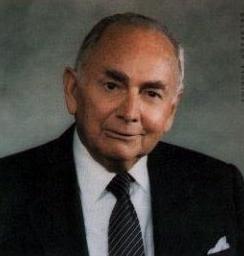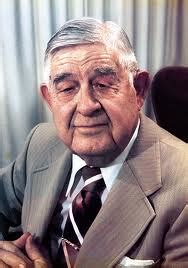A Quote by Michael Dirda
Fiction is a house with many stately mansions, but also one in which it is wise, at least sometimes, to swing from the chandeliers.
Related Quotes
The novels are always morphing into something else now, some kind of hybrid, more of a ground that isn't so easily specified. I suppose you could call it creative non-fiction, and rather focused on the natural world, which is what I'm most interested in reading these days. At least that would be the closest thing, but my books also include some fiction, so they're difficult to pinpoint.
The Saviour said He was going to prepare us a place. How wonderful it will be is beyond human computation. Remember that in six days Christ made the heavens and earth and all that in them is.... If He made so many wonders in six days, then what beauties and marvels He has surely prepared during these 1900 years in which He has been preparing our mansions in the Father's House!
I write my first draft by hand, at least for fiction. For non-fiction, I write happily on a computer, but for fiction I write by hand, because I'm trying to achieve a kind of thoughtless state, or an unconscious instinctive state. I'm not reading what I write when I wrote. It's an unconscious outpouring that's a mess, and it's many, many steps away from anything anyone would want to read. Creating that way seems to generate the most interesting material for me to work with, though.
But once we recognize that many ideas that are taken to be quintessentially Western have also flourished in other civilizations, we also see that these ideas are not as culture-specific as is sometimes claimed. We need not begin with pessimism, at least on this ground, about the prospects of reasoned humanism in the world.




































